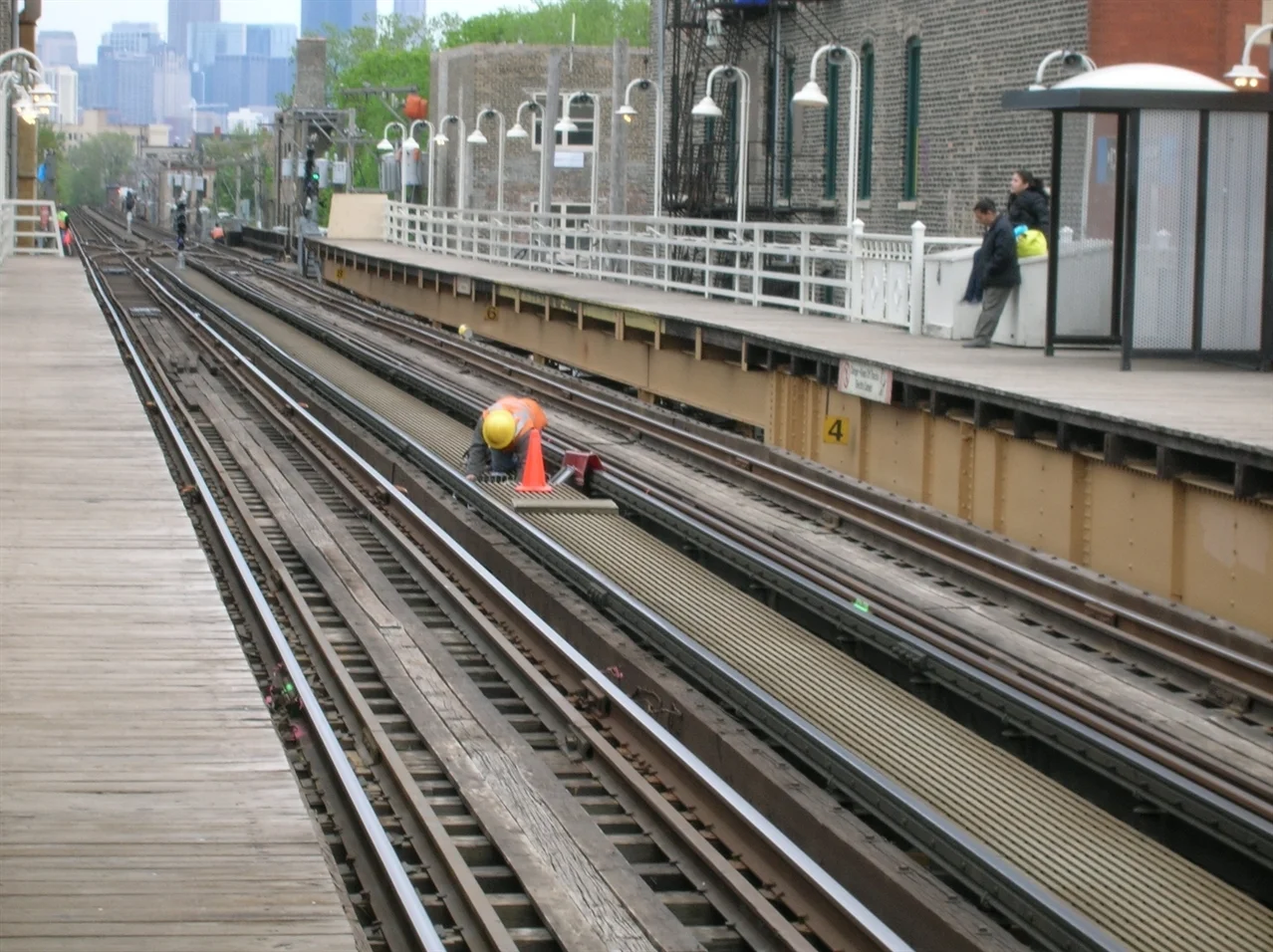House unveils federal transportation reauthorization outline
By Chrissy Mancini Nichols
Jul 11, 2011
This post first appeared at metroplanning.org
The last federal surface transportation investment package, the Safe, Accountable, Flexible, Efficient Transportation Equity Act: A Legacy for Users (SAFETEA-LU), expired 649 days ago and has since been extended seven times. Not wanting to pass an eighth extension, U.S. House Transportation and Infrastructure Committee Chairman John Mica (R-Fla.) last week outlined a new $230 billion proposed six-year transportation program. While actual legislation has yet to be submitted, here’s what we know:
The House proposal would cut funding for public transit
The Good:
• $6 billion is dedicated to the Transportation Infrastructure Finance and Innovation Act (TIFIA) loan program, which Mica says will result in $60 billion in low-interest loans to fund at least $120 billion in transportation projects.
• The bill streamlines government by consolidating or eliminating approximately 70 programs.
• Federal project review time would be cut in half to fast-track projects.
• House committee staff confirmed that states will be held accountable for decisions through performance measures.
The Bad:
• Funds will no longer be set aside for bike and pedestrian projects, though states will be permitted to use funds on bicycle and pedestrian infrastructure if they choose.
The Ugly:
• The $230 billion House proposal cuts overall transportation funding in Fiscal Year (FY) 2012 by 35 percent from FY 2009.
• According to Federal Highway Administration this would result in the loss of approximately 630,000 jobs in FY12.
• Over six years the $230 billion proposal is a 19.5 percent cut from the six-year $286 billion SAFETEA-LU provided for transportation programs, not accounting for the impact of inflation.
• Chairman Mica said funding was limited to $230 billion because that’s how much will be deposited into the highway trust fund from federal motor fuel taxes over the six-year period.
• Chairman Mica does not propose to index the 18.4 cent per gallon federal motor fuel tax to inflation, which would increase funding for the transportation program.
• The 80/20 percent split between highway and transit funding will be maintained, though with less funding overall, the Chairman indicated public transit agencies must do more with less.
• The highway program will focus on “Interstate Highways and the National Highway System,” which could cut local flexibility. According to Transportation for America, if funds were restricted to routes on the National Highway System it would reduce the number of highways states can invest in by 83.5 percent.
With a reduction in funding of this magnitude, performance measures and strategic planning becomes all that more important. Every dollar MUST be spent to gain the greatest impact and advance national goals. Until an actual bill is released, it is unclear what Chairman Mica and committee members believe the federal transportation program should accomplish. MPC submitted testimony to Chairman Mica supporting an approach to the federal bill that is strategic, reduces gridlock and the demand for costly transportation expenditures, makes existing transportation infrastructure more efficient, creates new financing tools, and demonstrates the value of innovative investments. Throughout the summer, we will continue to work with Transportation for America, a national collation, to advocate for a new federal transportation investment strategy.
This Friday’s edition of MPC’s e-newsletter Talking Transit will outline the House proposal in more detail, including what Sen. Barbara Boxer, chair of the Senate Environment and Public Works Committee (D-Cali.), is cooking up for transportation on the Senate side of the Capitol – and what it all means for Chicagoland.



